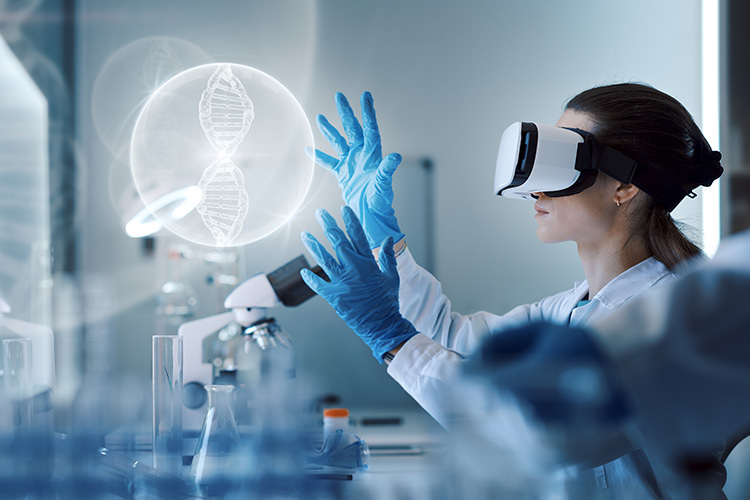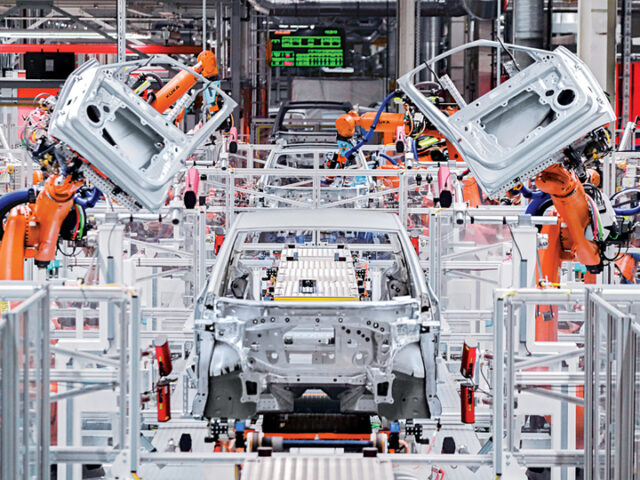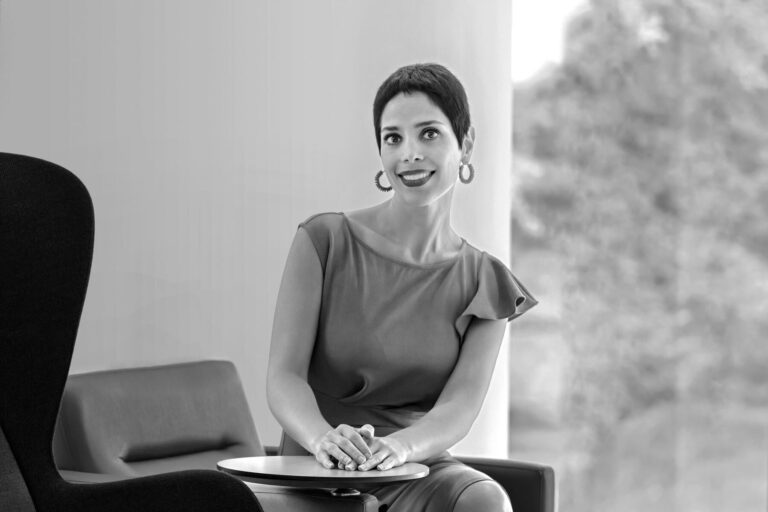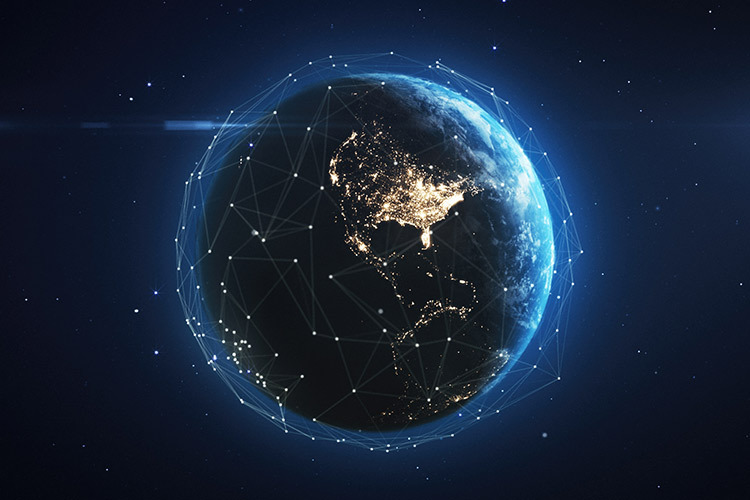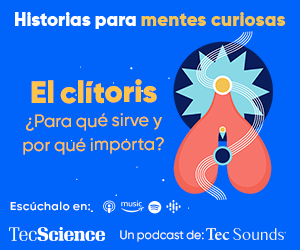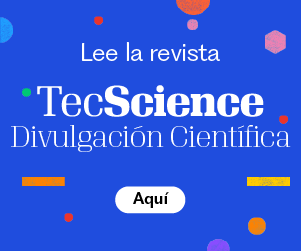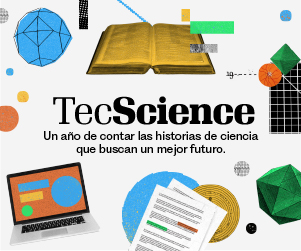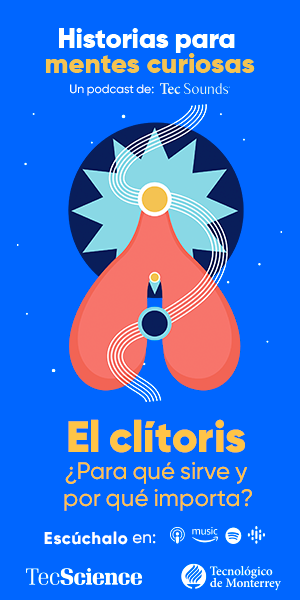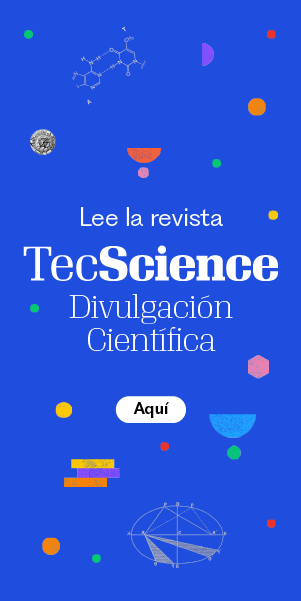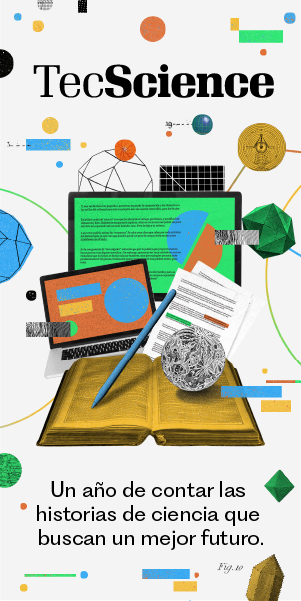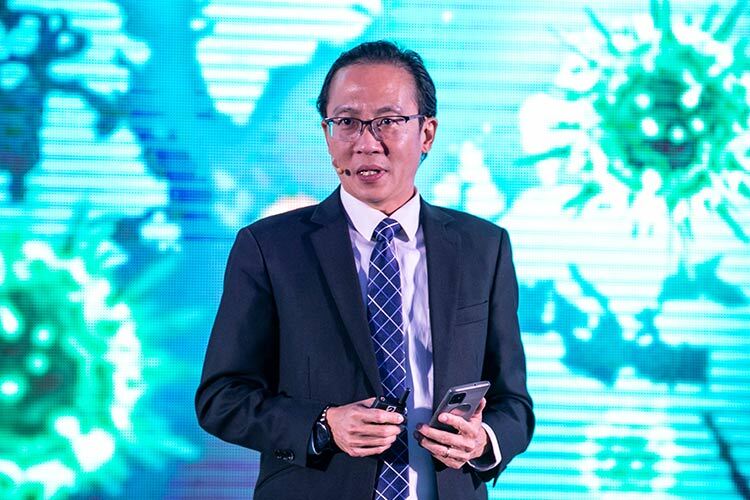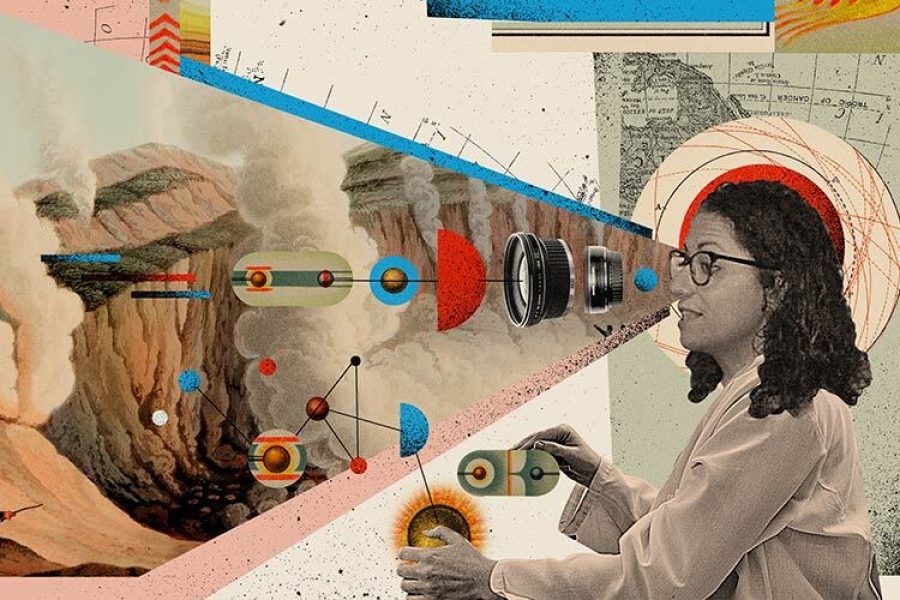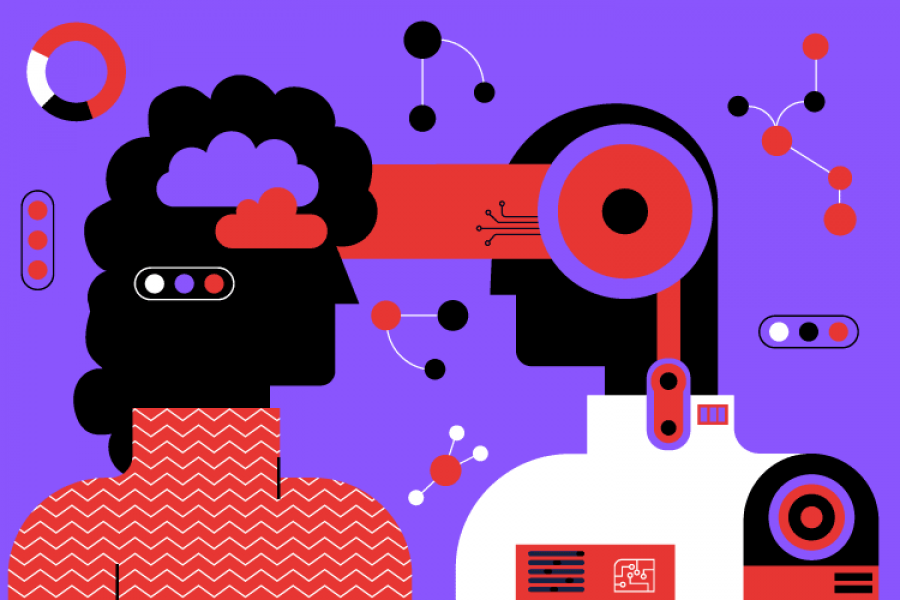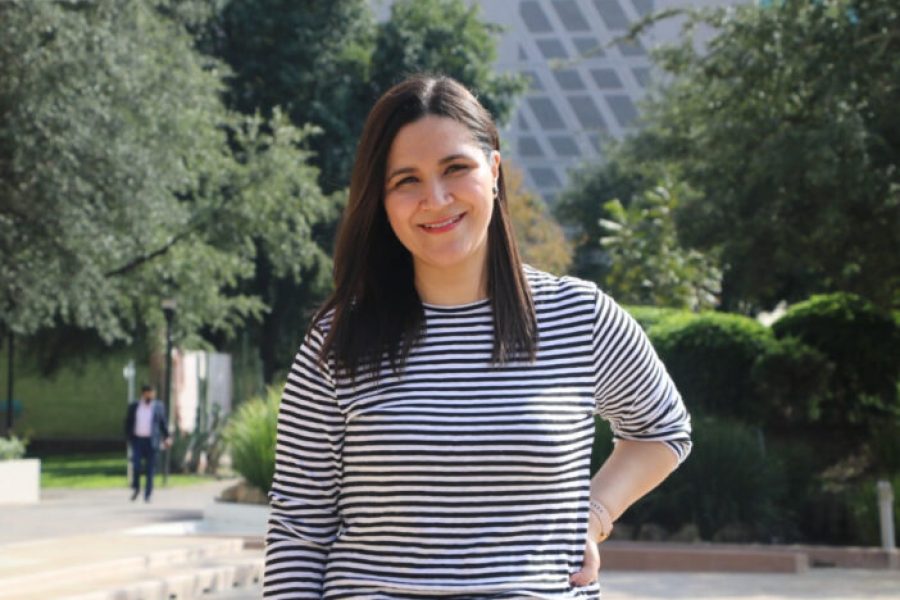According to the National Institute of Statistics and Geography in Mexico (INEGI), during the epidemic, more than a third of Mexican students took lessons outside of traditional classrooms, generating potential for online education and the construction and use of virtual laboratories.
This includes those currently being used by Mechatronics students at Tec de Monterrey Campus Puebla in combination with the recently launched process control and automation laboratory equipment.
This cyber-physical learning environment is the result of a partnership agreement signed in July 2022 between the Institute for the Future of Education at Tec (IFE) Living Lab & Data Hub and the Brazilian business Algetec from +A Educaço.
The partnership enabled the launching of two research and development calls, resulting in five projects now conducted by Tecnológico de Monterrey academics.
One of these is the Campus Puebla initiative led by research professors Marybeth Flores Vázquez and Debbie Crystal Hernández Zárate.
Algetec+ is a manufacturer of physical laboratories as well as a developer of virtual labs, with a portfolio of over 700 virtual practices throughout numerous study areas.
Algetec+ created a physical laboratory team for the project’s development, which they lent and delivered from their Salvador de Baha, Brazil, facility to the Mechatronics Department at Campus Puebla.
Furthermore, they granted a free license for its virtual labs platform, allowing academics to freely use it with the project’s participating students.
The Objective of the Cyber-Physical Lab at Campus Puebla
The project’s stakeholders anticipate that it will help students obtain a greater understanding of physical lab activities by supplementing them with virtual lab practices.
Students can experiment with specialized equipment and make mistakes without fear of physical repercussions compromising their own or the instruments’ integrity.
“What we do is enable research projects that incorporate new educational technologies in the classroom through research and development calls,” Luis Fernando Morán, coordinator of the IFE Living Lab, said to TecScience in an interview.
The laboratory at Campus Puebla began as a collaboration between the IFE Living Lab & Data Hub and Algetec+, with the goal of integrating physical and virtual labs into applied educational research.
According to Vinicius Dias, CEO of Algetec+, the initiative goes beyond simply building the cyber-physical environment at Campus Puebla. They intend to undertake more cooperative studies with Tec on how students learn in these educational environments.
“Students require technology because they are already users. As a result, when we create virtual laboratories, we strive for students to practice as many times as possible from home, even before going to the lab in person, as a pre-lab,” Dias adds.
A Space for Practice and Research
“In July 2022, we signed an agreement to launch two calls, one dedicated to measuring the impact of virtual labs in Algetec+’s portfolio and another to create new virtual labs in collaboration with Tec de Monterrey,” Morán says.
One of the calls’ selected proposals came from Campus Puebla, leading Algetec+ to assist with the production and shipment of a physical automation and process control lab to supplement the research of the usage of their virtual laboratories in the mechatronics sector.
Both experts note that the objective is not to replace actual laboratories but rather to give an experience that is personalized for each student.
A virtual lab might provide an alternative choice for practice and instant access to all areas of the lab, which is not always achievable in a real place.
Initiatives are also being considered for multidisciplinary and cross-campus research teams to examine and experiment in these areas.
The majority of these researchers are from Tec de Monterrey, while Algetec+ is in charge of lab technology and program licensing.
“These agreements benefit both parties, not only in testing new educational technologies in real contexts but also in creating a co-creation ecosystem, where all researchers have a voice and foster innovation alongside companies, students, teachers, and researchers,” Morán goes on to say.
